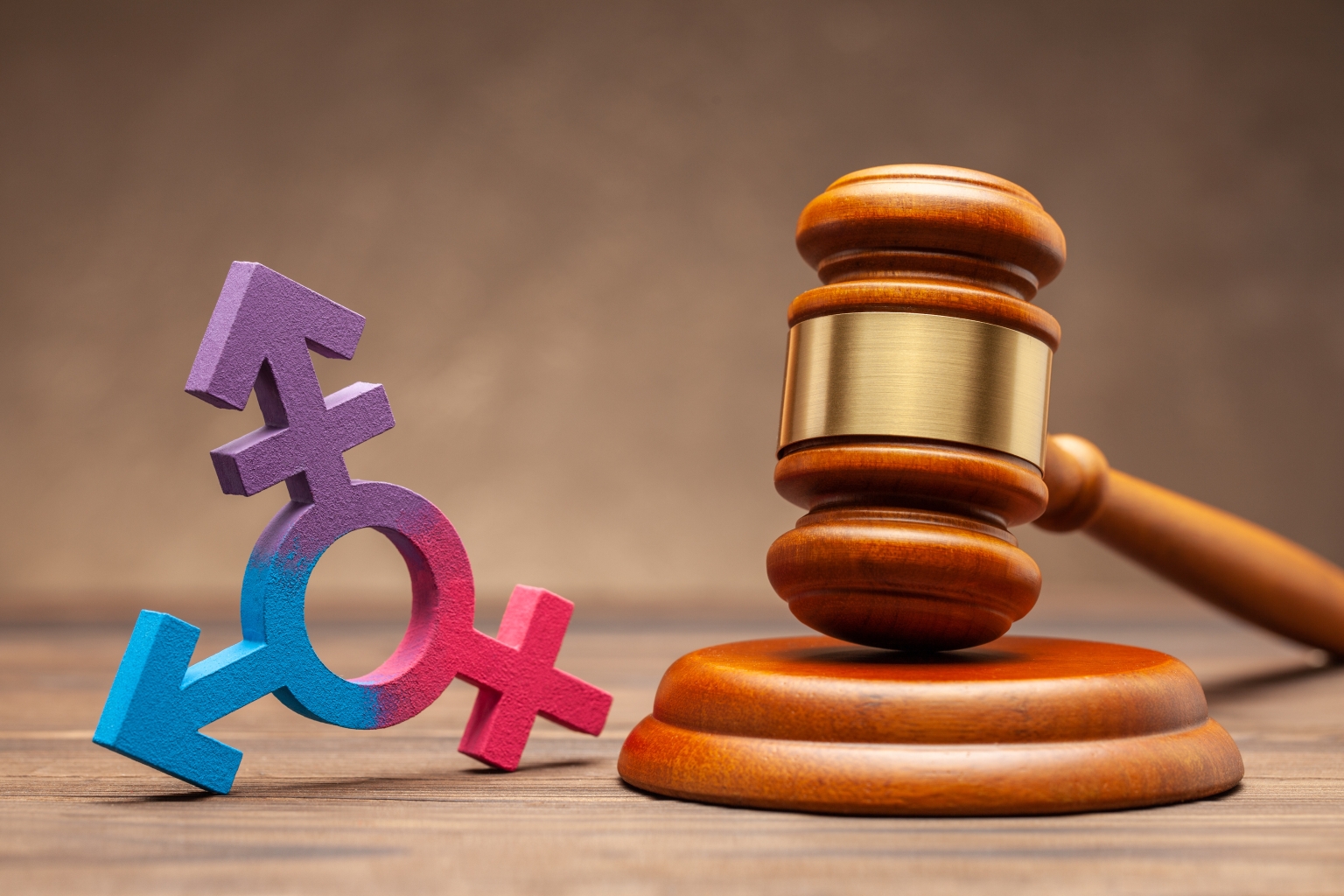Jan Bergstra & Laurens Buijs
Amsterdam Gender Theory Research Team
The election is just around the corner, but there is hardly any support for the new transgender law in the party manifestos. Only VOLT and BIJ1 make explicit their support for it. This raises the expectation that a new transgender law will not come soon.
Read more about how election programs write about the transgender law:
Very little can be foud about the new transgender law in election manifestos
But that is not ideal. There are reasons to amend the (old) law as amended in 2014 once again. These reasons are as follows:
- It makes sense to introduce a third gender (seen here as Dutch for gender), namely “neutral.” See AGTRT-1 for neutral gender and AGTRT-3 for an argument for why we prefer neutral over non-binary.
- It makes sense to facilitate intersex persons who wish to do so in transitioning to neutral gender. This could possibly be so from birth: an ANAB person(assigned neutral at birth). It also makes sense to accept manifestations of gender dysphoria as grounds for transitioning to neutral gender. This is in conjunction with a medical indication for transition to neutral sex.
- The law can be a step in the right direction without definitively regulating everything forever. In transitioning to neutral gender, one should be aware that for a very long time to come legislation will bear 2G traces (2G stands for two genders) and that one cannot easily do anything about it.
- Both the gender transition from man to woman and that from man to neutral will require the transgender person to explicitly relinquish the acquisition of the right to visit spaces apparently intended to provide safe spaces for AFAB cis-gender persons. A kind of bathroom law but negative.
- The opinion of an expert remains desirable, albeit that it should be made clear what expertise is involved and what criteria are involved here. Conceivably, a new expertise may need to be created to properly perform these tasks. Here the old law (even after 2014) was inadequate because it did not specify what expertise would be involved, and what criteria should be constructed.
- The German bill for a new transgender law is based on the idea that abuse of that law should be avoided, but does not provide clarity on what one might mean by abuse. The explanatory statement of an alternative new transgender law would have to specify fairly precisely what forms of abuse one can imagine and how to ensure that such abuse will be contained.
- The law should include the fact that gender and sexual orientation are fundamentally separate.
The content of points 4, 5 and 6 will require a lot of headaches but through good teamwork, we think that can be achieved.

Leave a Reply